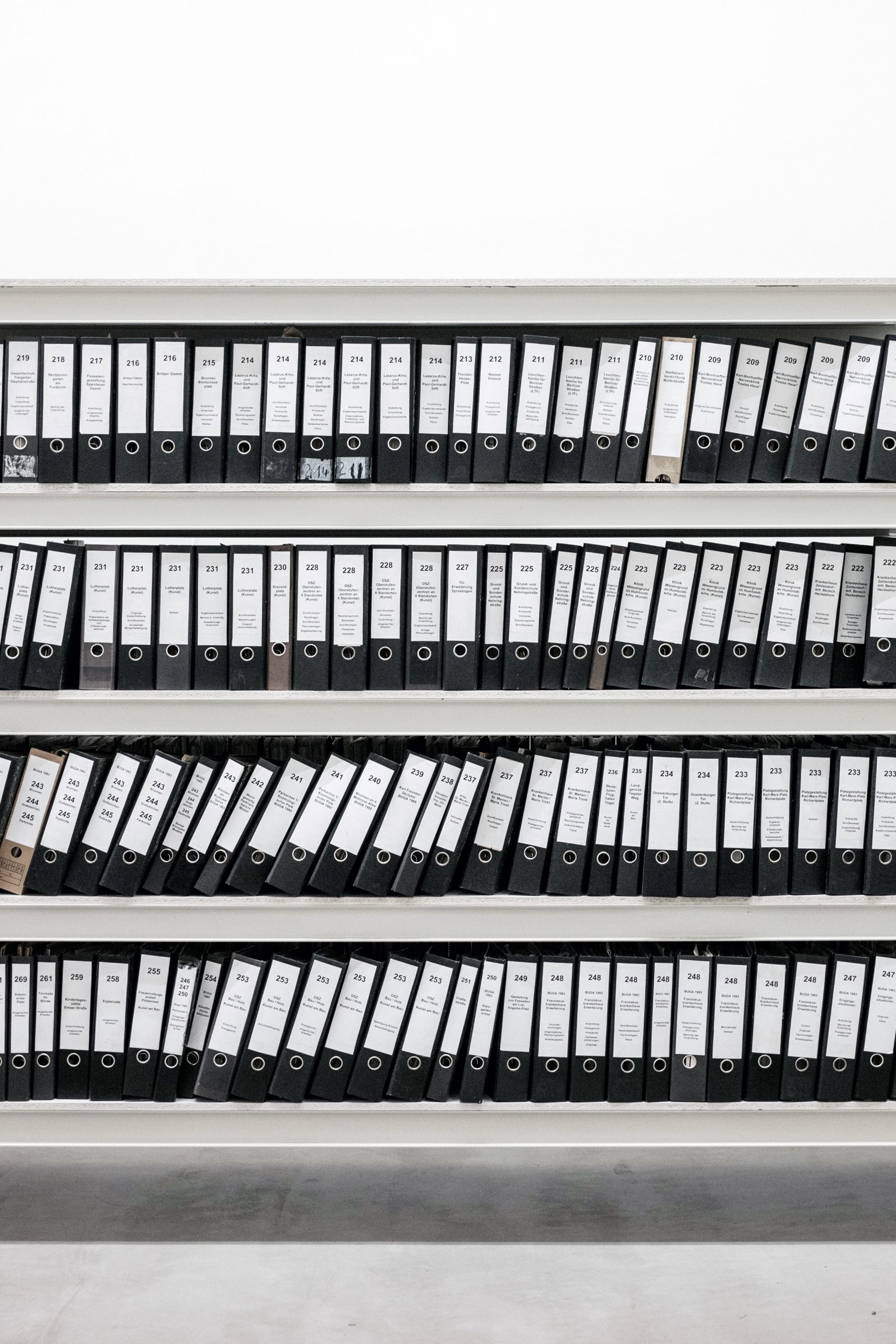Executors, Ors. and the Registry of Deeds
10 August 2018The records of the Registry of Deeds hold a wealth of genealogical information. If your ancestors are fortunate enough to appear in these records, and more do than is commonly believed, they can provide vital familial connections and clues, or bookend years for when persons were resident in a given...
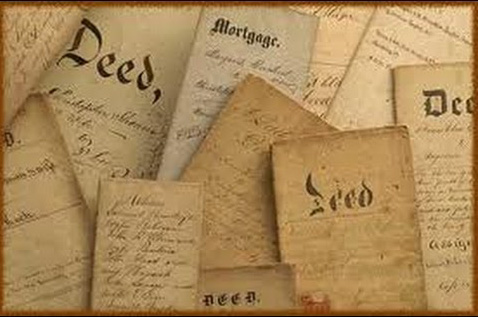
The Value of a Busman’s Holiday
20 July 2018An ongoing joke in the research department is that we all ‘need to get out more’ and we’ve all been guilty of indulging in what some would call a Busman’s Holiday. Photos will often fly back and forth of someone investigating a local graveyard, when they should be sunning themselves...

A Truth Universally Acknowledged
29 June 2018With apologies to Jane Austen for the mangling of her words and meaning: ‘It is a truth universally acknowledged, that a genealogist in possession of a date of death, should look for a will’. A genealogist in the possession of a will can often discover next of kin, the state...
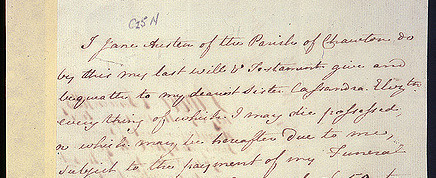
Shipping Records by Carmel Gilbride
01 June 2018Shipping records hold a particular fascination for genealogists. They are seen as the bridging between the old and the new. I never tire of looking at my grandmother Julia’s shipping record, as she sails out of Queenstown, (Cork) to join her sister in New York. Having in my possession the...
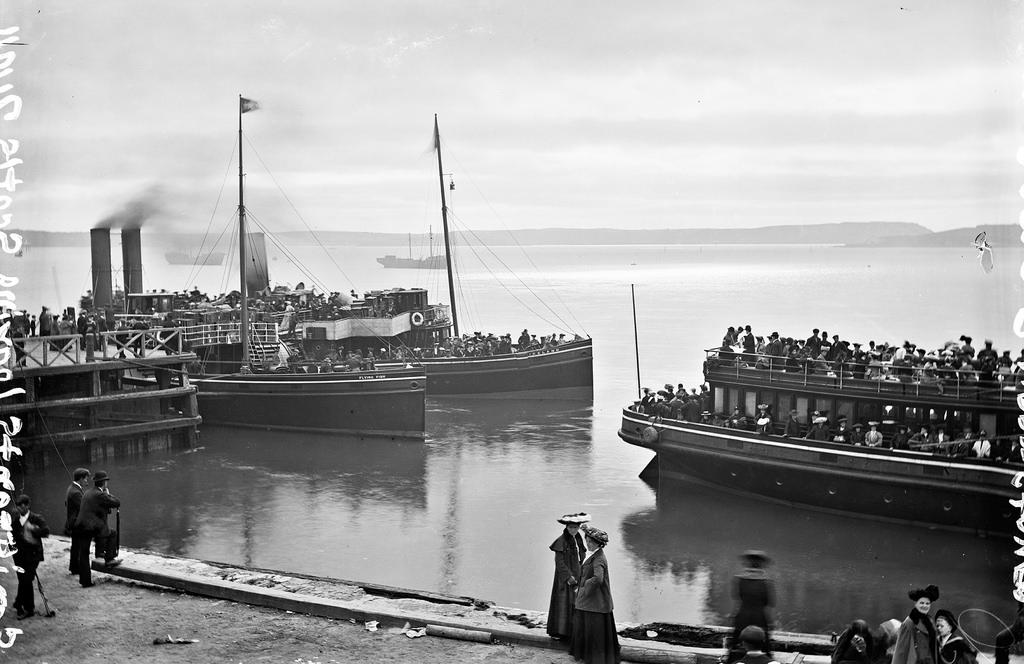
Beyond Civil Death Records
18 May 2018A few months ago, I wrote briefly that there was a multitude of records made at the time of death, which may record key evidence on where in Ireland your ancestor was from. I got a spirited response. What is there beyond civil death records? Newspapers publish more than one...
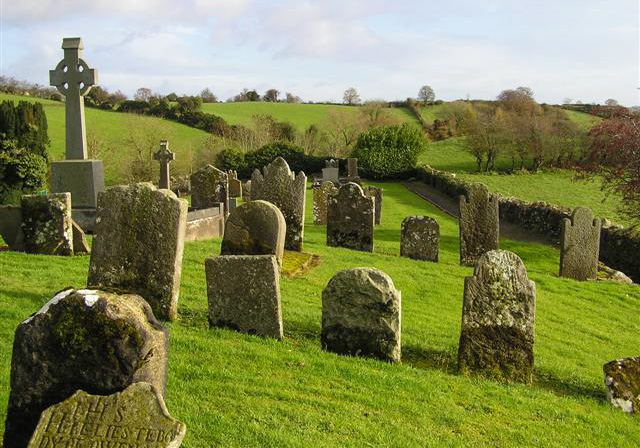
New ways to search
26 April 2018As the process of digitisation and transcription of historical documents of genealogical significance continues apace, new methods of conducting research emerge. The first major record set to change the landscape from an Irish perspective was the digitisation of the 1901 and 1911 Censuses. With their release, research that would otherwise...
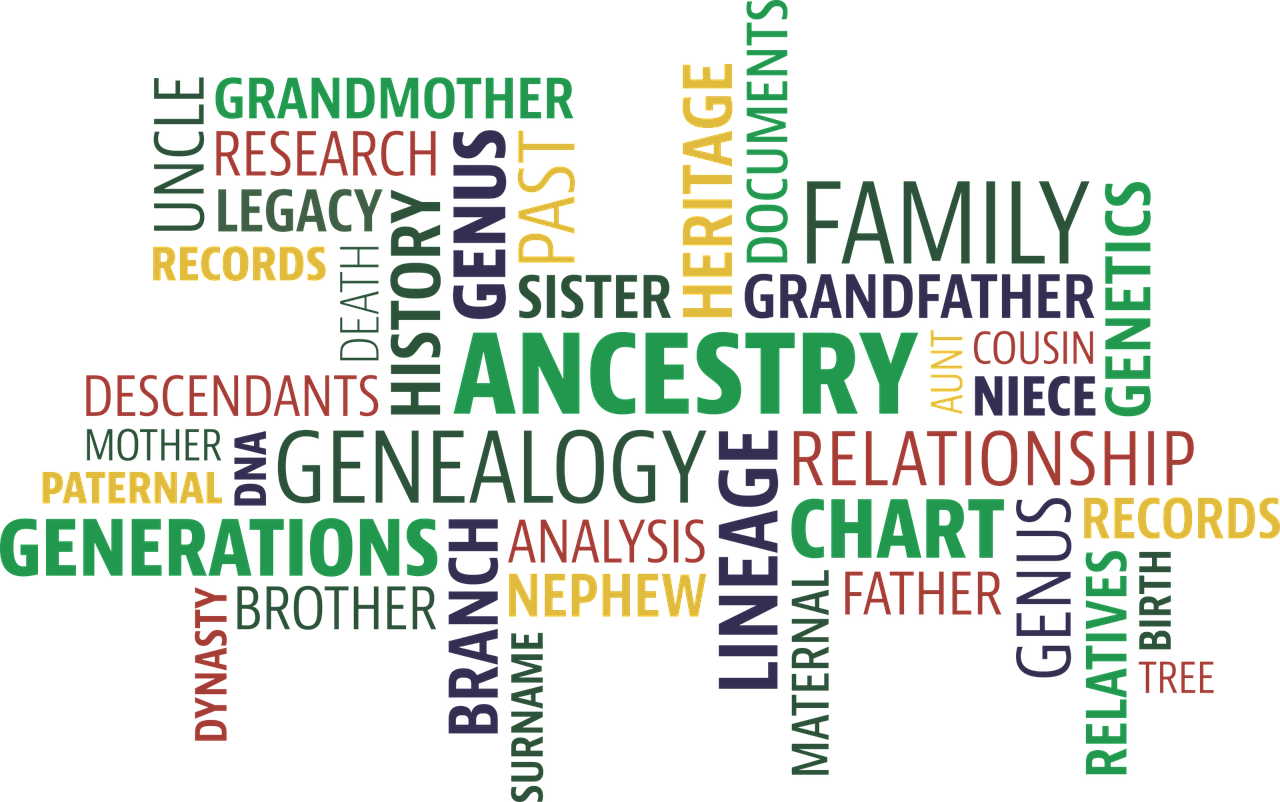
‘One Eye – wears a black ribbon’
13 April 2018The Rebellion papers are a fascinating collection housed in the National Archives [RP/620]. They date from 1790 to 1808 and for the most part are made up of letters and reports sent to the Chief Secretary in Dublin Castle. The time period cover the two rebellions of 1798 and 1803 and...
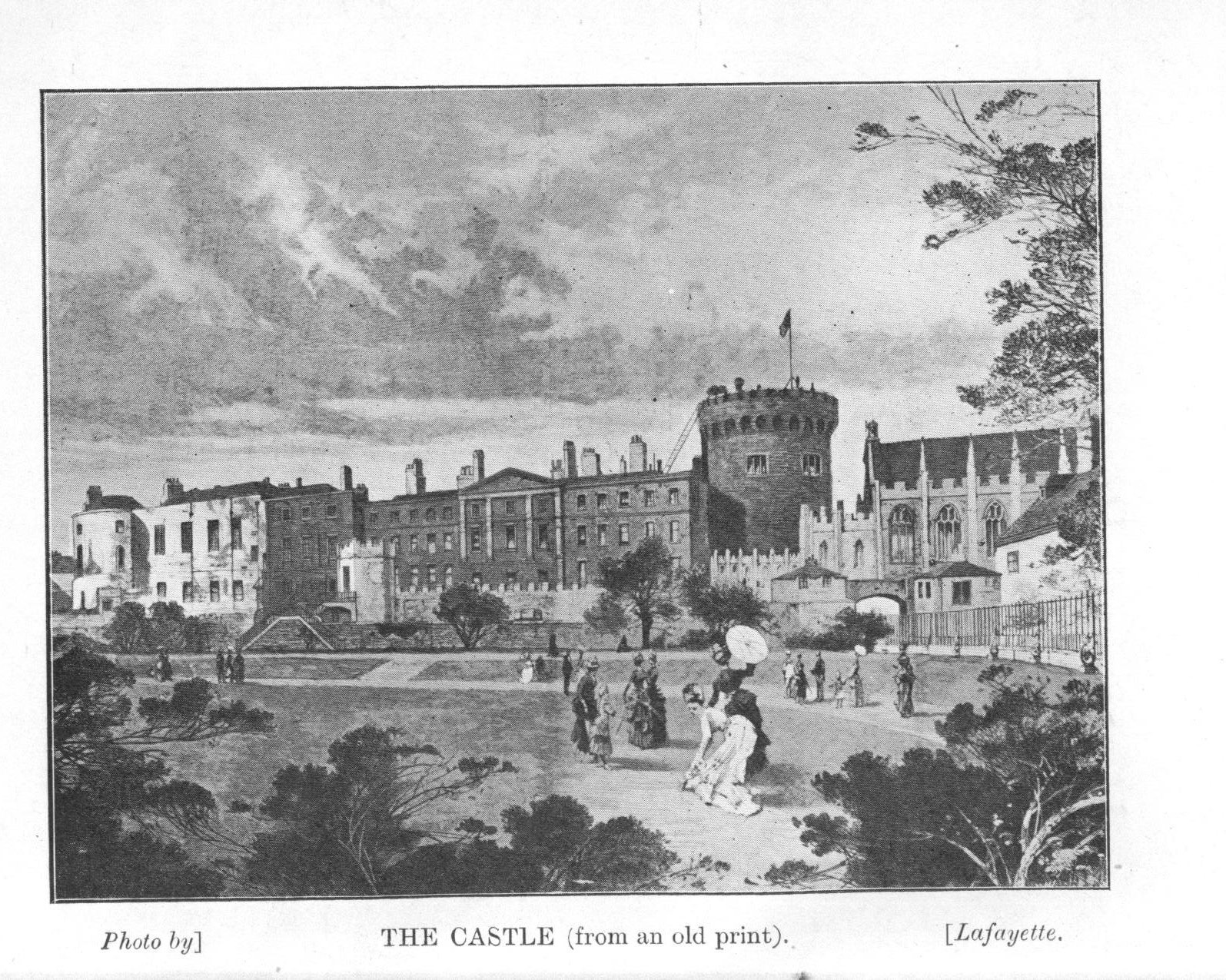
Using Reverse Genealogy to Knock Down Brick Walls in Your Research
31 March 2018As family historians we look beyond the immediate line of descent, to trace all members of the family – the singletons who for whatever reason, never married; the shadowy ones that died young; and the ones that left to go overseas. Have you ever wondered what happened to all those family...
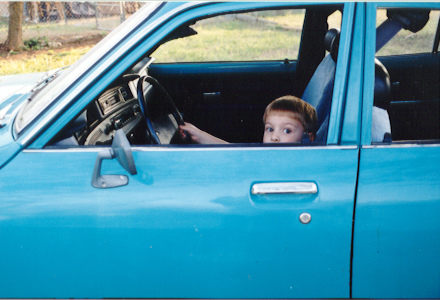
Get Context from Your Timelines!
15 March 2018There is always a great sense of achievement when we can put beginning and end dates for our ancestors. That moment when you can say, for example, Mary NoName (1882-1975). With a firm timeline of our ancestors’ lives, we are in a better position to determine what record sets will...
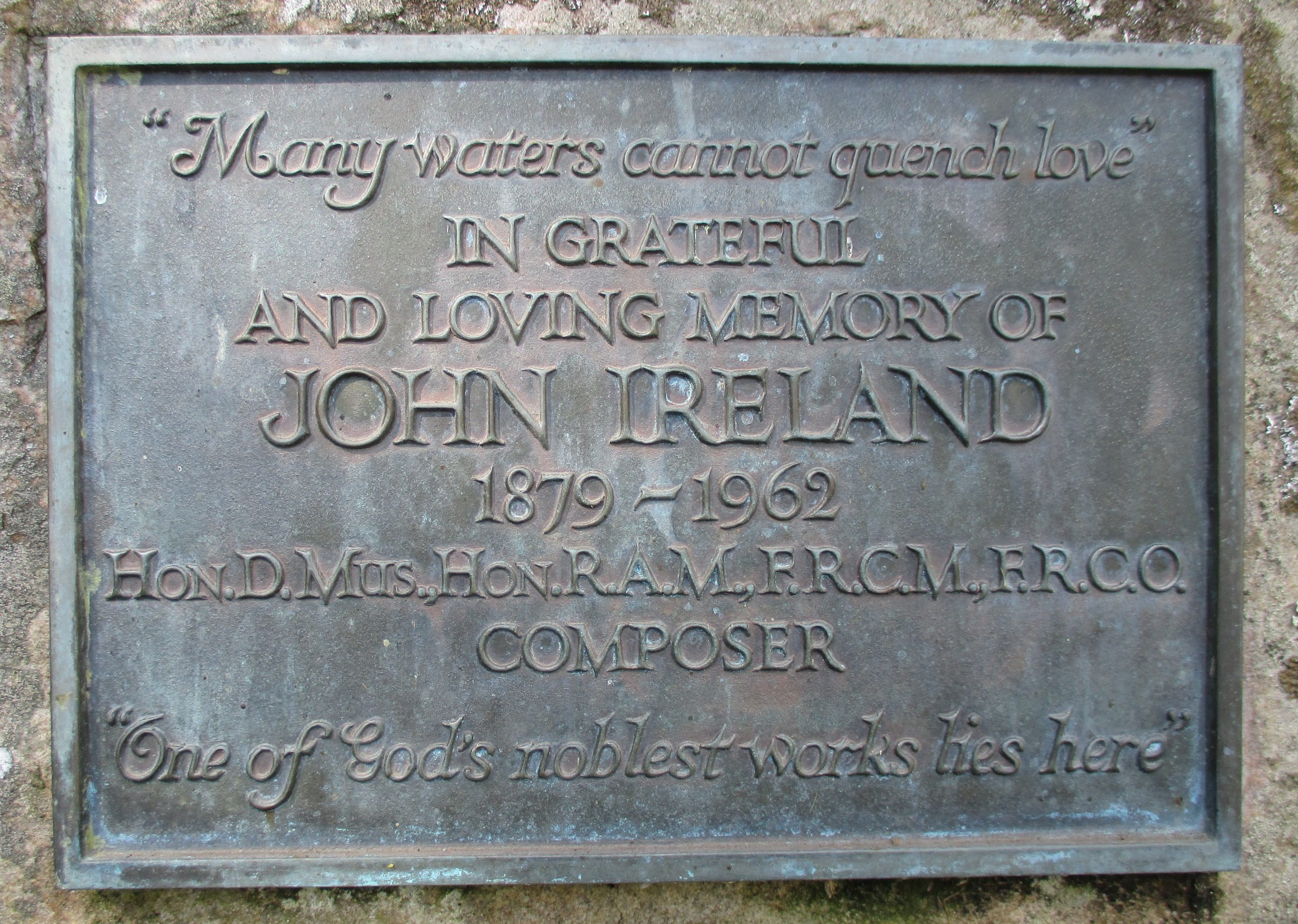
Ar labhair siad Gaeilge?
22 February 2018I have written before about the online 1901 and 1911 Censuses, mostly because it’s a source I’m very familiar with, having spent 9 months correcting errors in transcriptions. But it is a topic worth revisiting because it is a record set that still regularly presents obstacles when dealing with research...
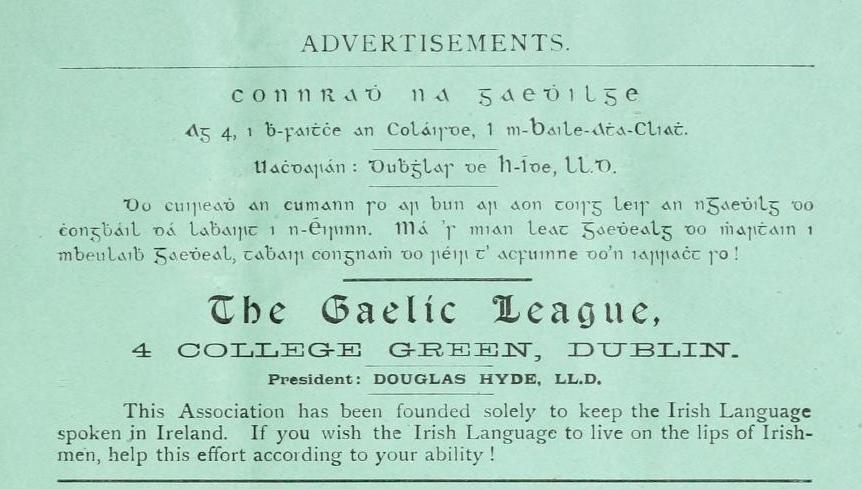
Irish Workhouse Records
09 February 2018The Dublin Workhouse Admission and Discharge registers dating from 1840 and running up to 1919 are held in the National Archives and have been digitised and indexed and can be accessed on findmypast.ie. These registers can be very useful, albeit sobering, records to consult. We have recently completed two reports...
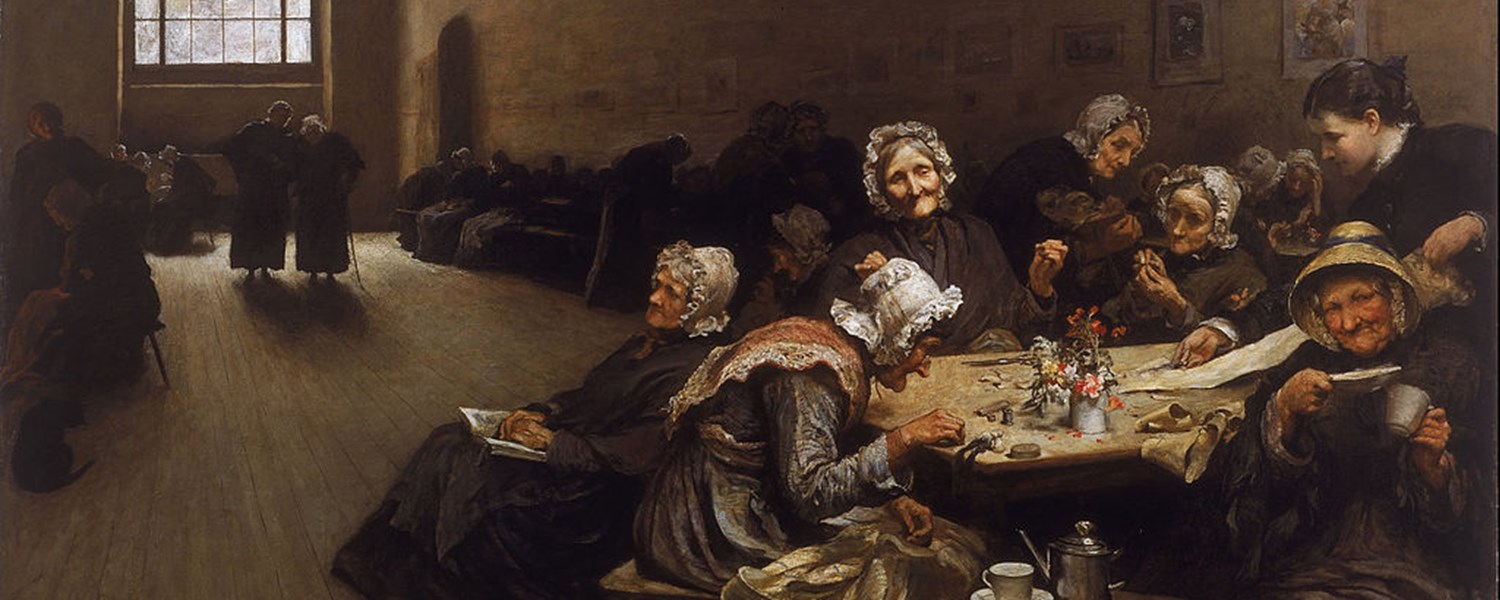
Don’t neglect your own Country’s records, in the hunt for Irish ancestors…
12 January 2018Many American clients try to jump directly to Irish records, when often all that is known is a name and possibly a year of birth. To find evidence of the birth of someone in Ireland it is necessary to know the name of at least one of their parents. Rather, in order...
